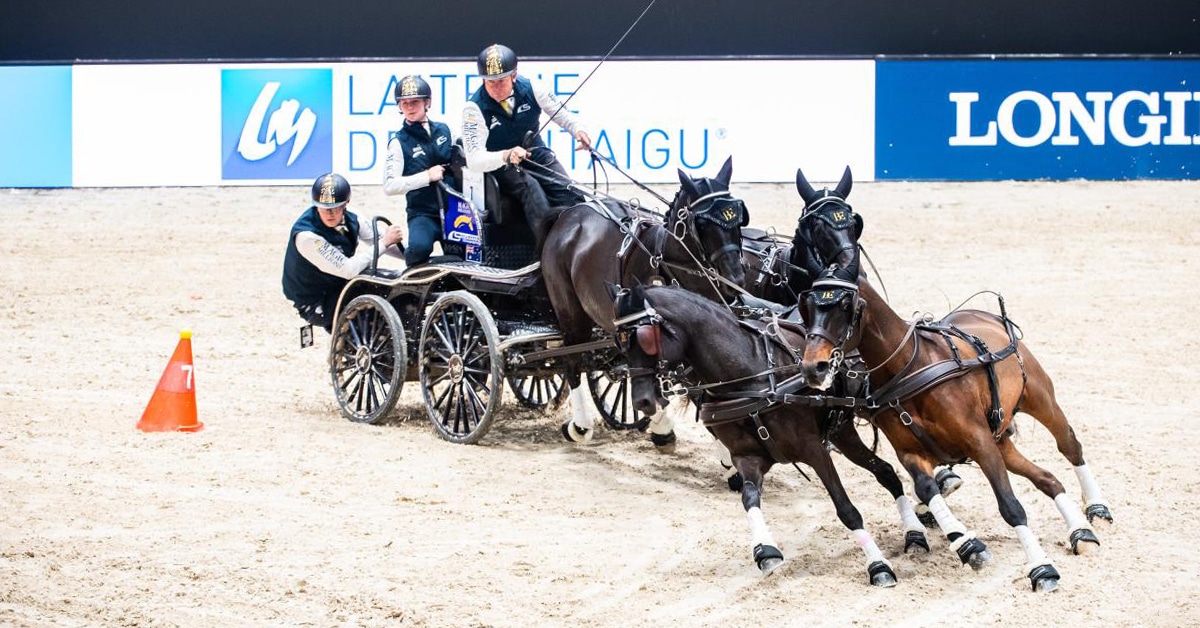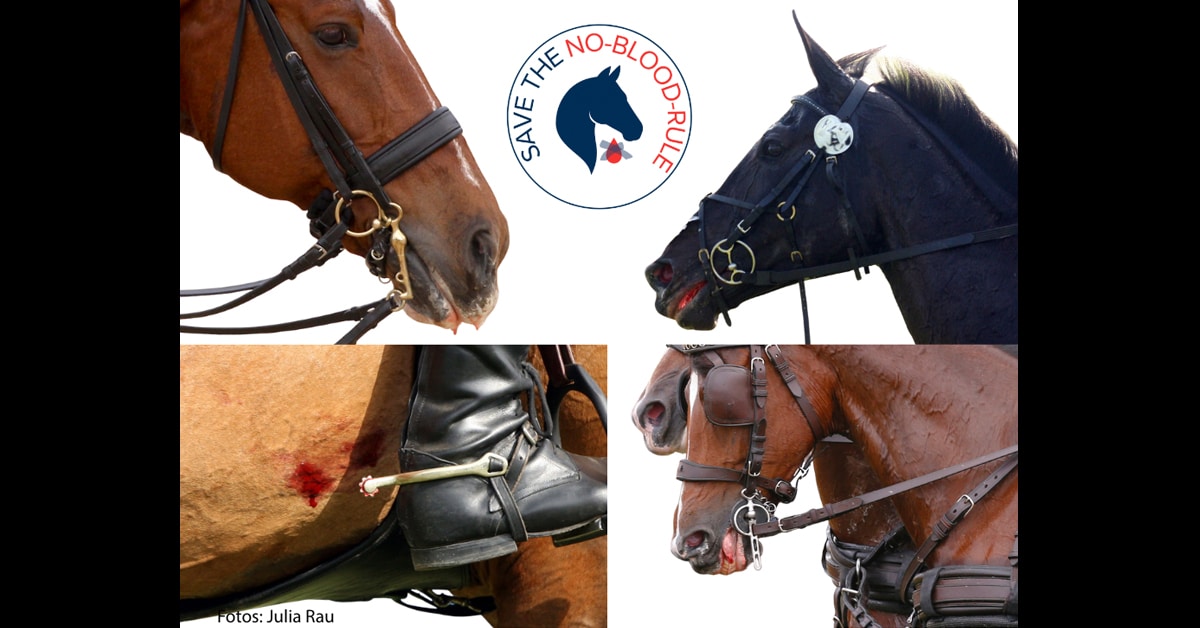This summer, Equine Guelph celebrates its 20th anniversary. The award-winning centre at the University of Guelph is dedicated to improving the health and welfare of horses through education and research.
“Over the years, our centre has become a model for online equine education programs and a hub for horse professionals from around the world,” said Gayle Ecker, a founding member and current director of Equine Guelph.
From fragmented education to a comprehensive online equine learning portal
In 2003, when Equine Guelph first began offering its online courses in partnership with Open Learning and Educational Support at the University of Guelph, the training available to horse owners and those looking to enter the equine industry was fragmented. While some courses were available at other universities and colleges, Equine Guelph was the first centre in Canada to create a comprehensive online equine learning portal that included certificate and diploma programs.
“We built a multi-level program of outreach and education to help bring new evidence-based information into the industry in support of equine health, welfare, and safety,” said Ecker. “After receiving the foundational knowledge in our programs, many students go on to continue building diverse careers in the equine industry.”
Breadth of programming leads to a global program uptake
Students ages 18 to 80 from over 40 countries have taken courses available through Equine Guelph’s online learning portal.
“We have such a wide range of people taking our courses – from newcomers to long-time industry professionals,” said Equine Guelph instructor Susan Raymond. “Some are already working with horses, while others want to get a solid base before venturing out to look for work in the equine industry. We also have youths, who are very enthusiastic about horses. Some work part-time at their local barn, while others just want to take better care of their own horse. It’s also nice to see people rekindling their passion for horses after retirement.”
In addition to the certificate and diploma programs, Equine Guelph offers a wide range of specialty programming that draws in an even broader demographic of participants. EquiMania! is a program geared toward helping school-aged children discover their passion for horses, while the Large Animal Rescue Program is a hands-on workshop that prepares first responders for emergency situations, such as barn fires and trailer roll-overs involving horses or other large animals. Through a partnership with Ontario Equine Education Employment Program, Equine Guelph also delivers a free six-week training program to help those looking to start a career in the horse industry.
One Health Approach to equine education
The courses at Equine Guelph are centered around the One Health Approach, the concept that the health of people, the planet, and animals are inextricably linked. Students are taught about the impact both horses and the people working with them have on the surrounding environment and on their own well-being.
“In our courses, we give a lot of thought to environmental stewardship,” said Raymond. “For example, we look at how horse manure impacts our waterways. We explore sustainable materials for building and retrofitting barns and look at how planting native trees and wildflowers on horse farms protect our waterways and serve as pollinator gardens.”
Sponsor of over 100 horse-related research projects
Equine Guelph works with industry partners to provide annual funding for an external peer-reviewed research program on industry priorities. Over 100 equine-related research projects have received funding so far.
“The findings from this research are developed into plain-language articles, interviews and factsheets to be distributed through our communications program and added to our education courses to bring updated, evidence-based information to the horse owner and caretaker,” said Ecker. “Research proposals are carefully reviewed by the industry members appointed to the Research Committee for quality scientific approaches for priority areas of the industry including lameness studies, respiratory and cardiac studies, gut biome and digestive tract issues, reproductive studies, and many more.”
The research currently being done by Dr. Janet Beeler-Marfisi is an excellent example of industry priority research that provides new knowledge and practical application on prevention of equine health issues.
Dr. Janet Beeler-Marfisi, a professor in the Department of Pathobiology at OVC, is currently conducting research sponsored by Equine Guelph into the impacts of air quality on equine asthma.
Future plans for growth
Future plans for Equine Guelph include continuous development of educational and research programs. New courses are also in the works based on input from students and industry needs.
“With the support of our partners, donors, and sponsors, I am so pleased to see what my team has accomplished over our 20 years,” said Ecker. “Equine Guelph will continue supporting equine enthusiasts and professionals with education backed by scientific research and aligned with industry needs for many years to come.”
More News









